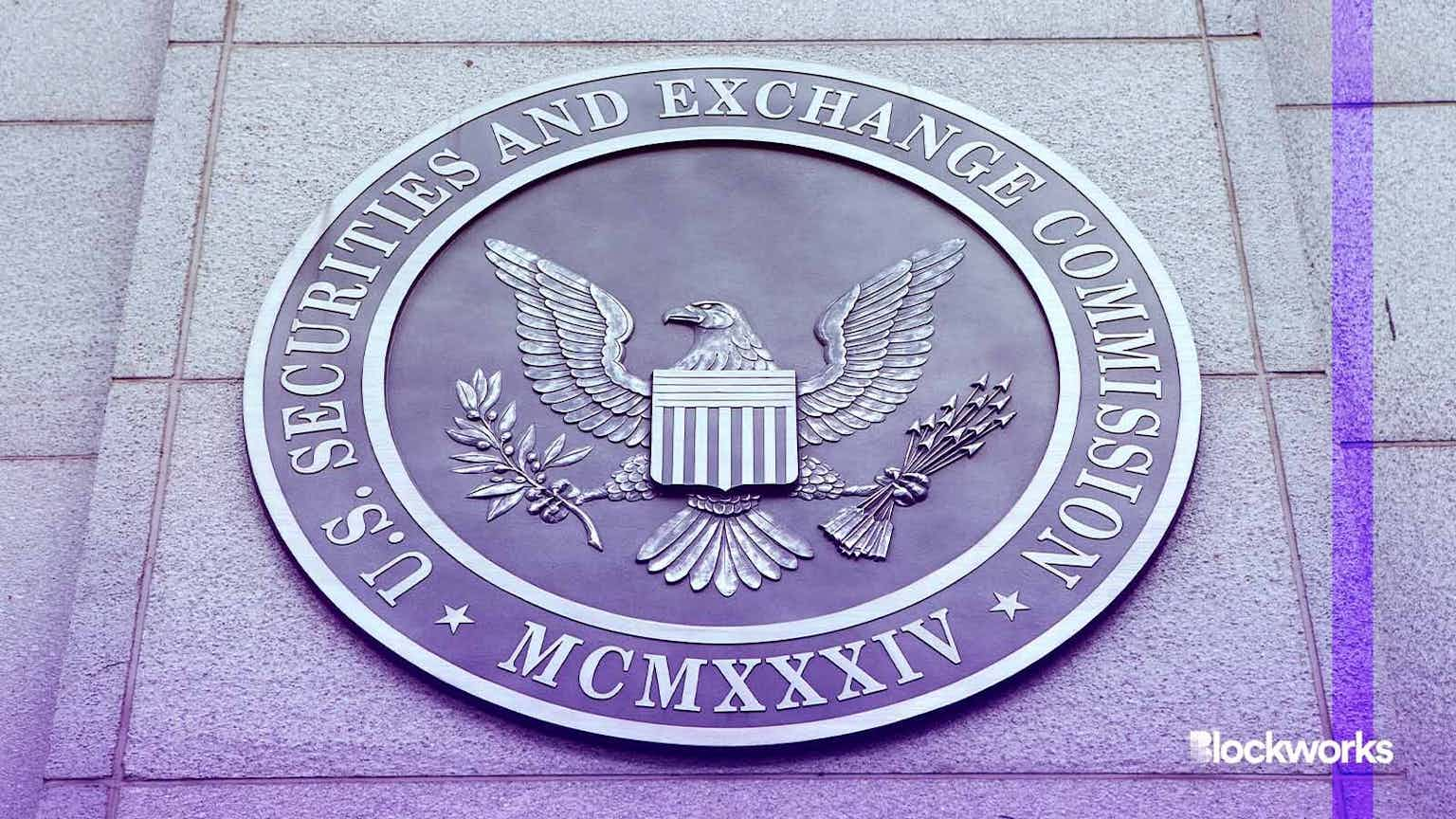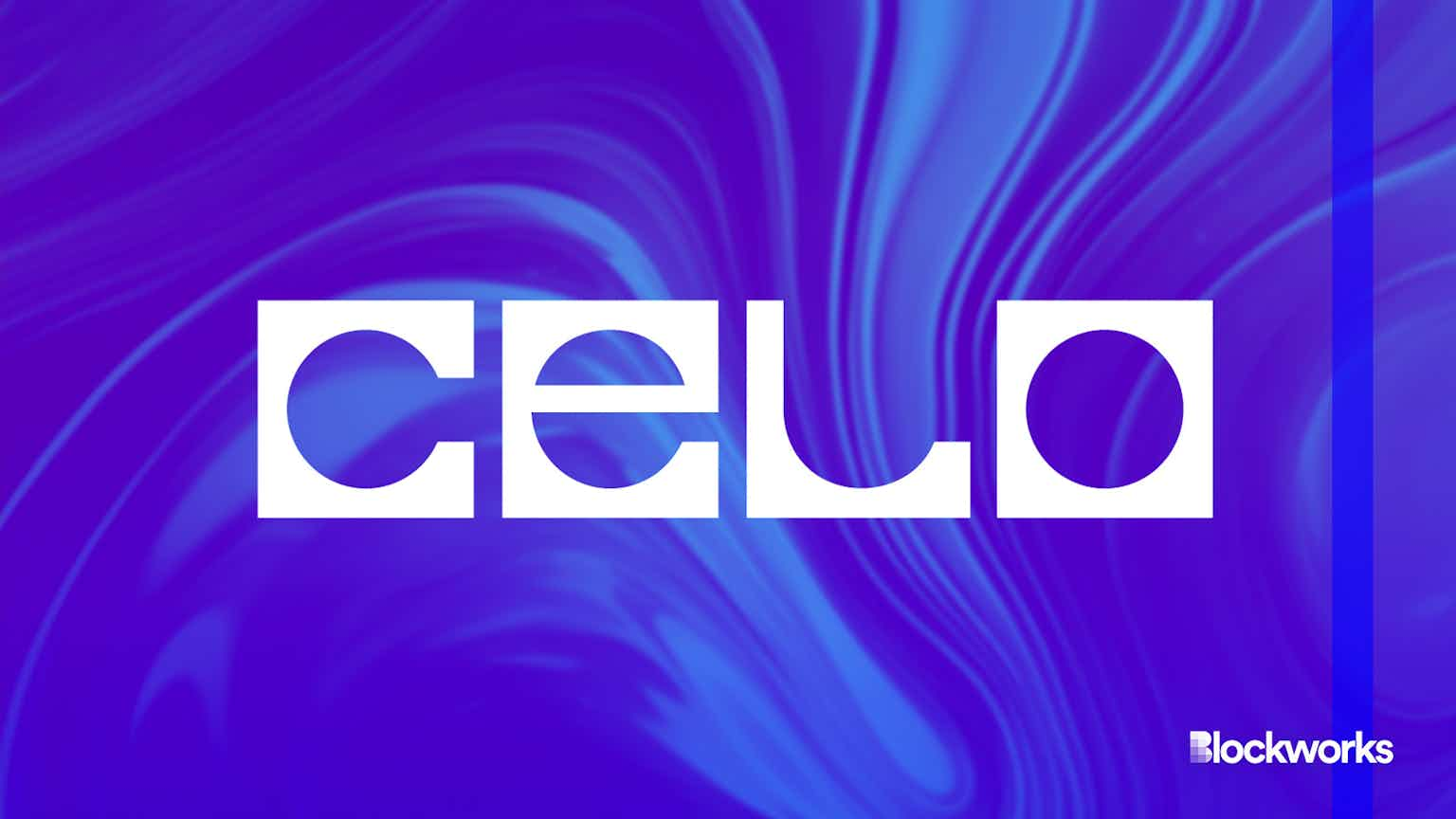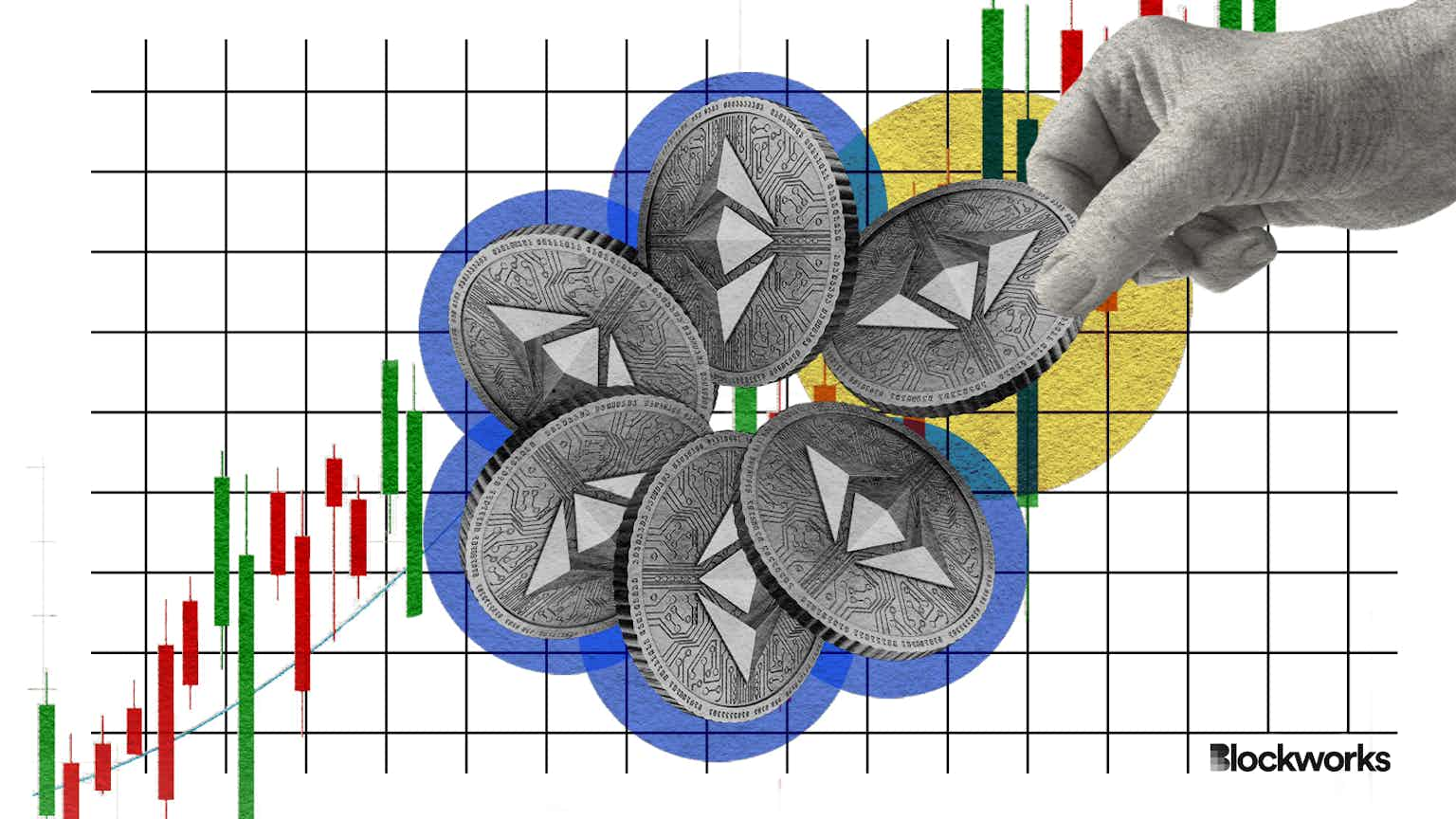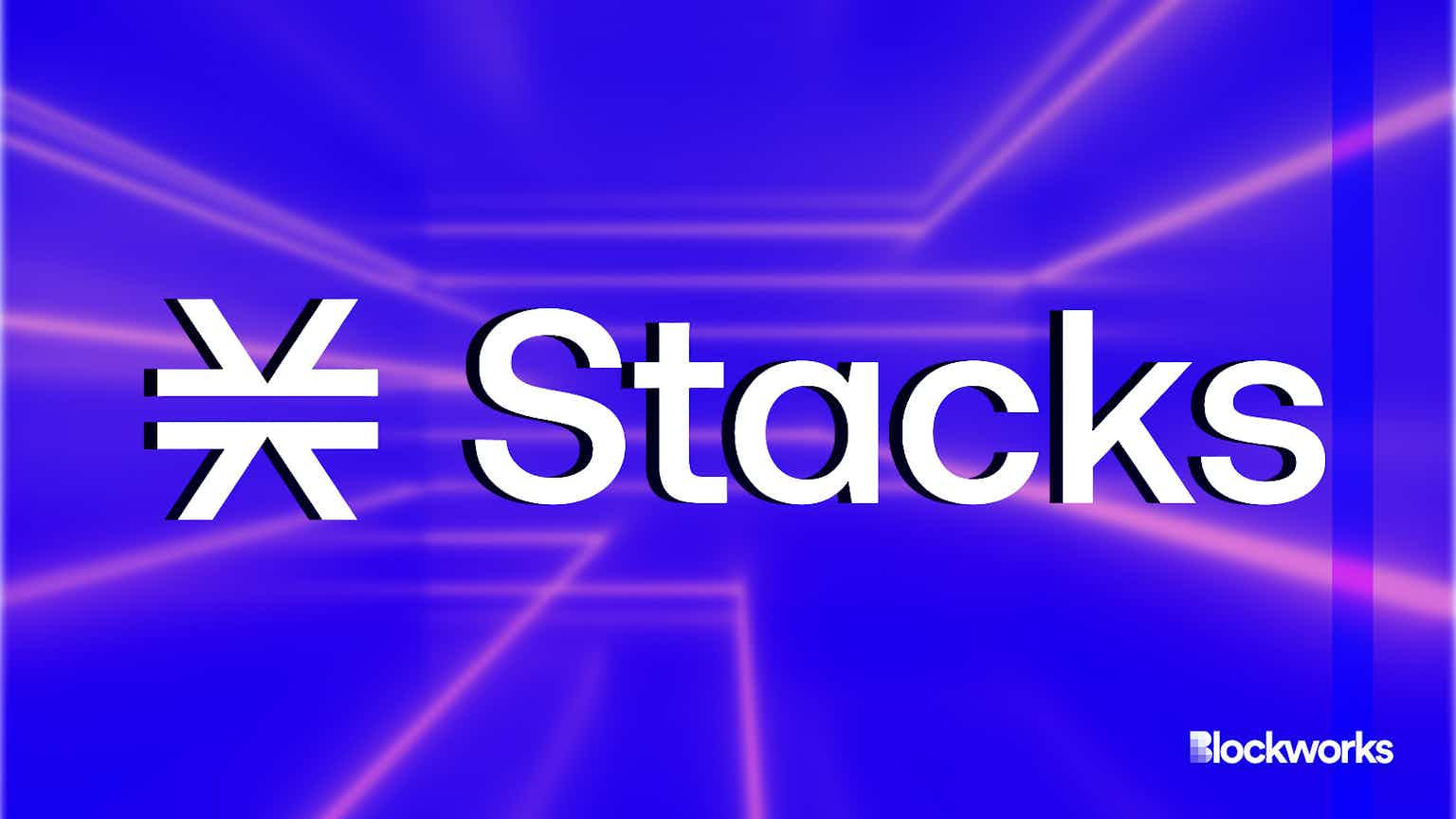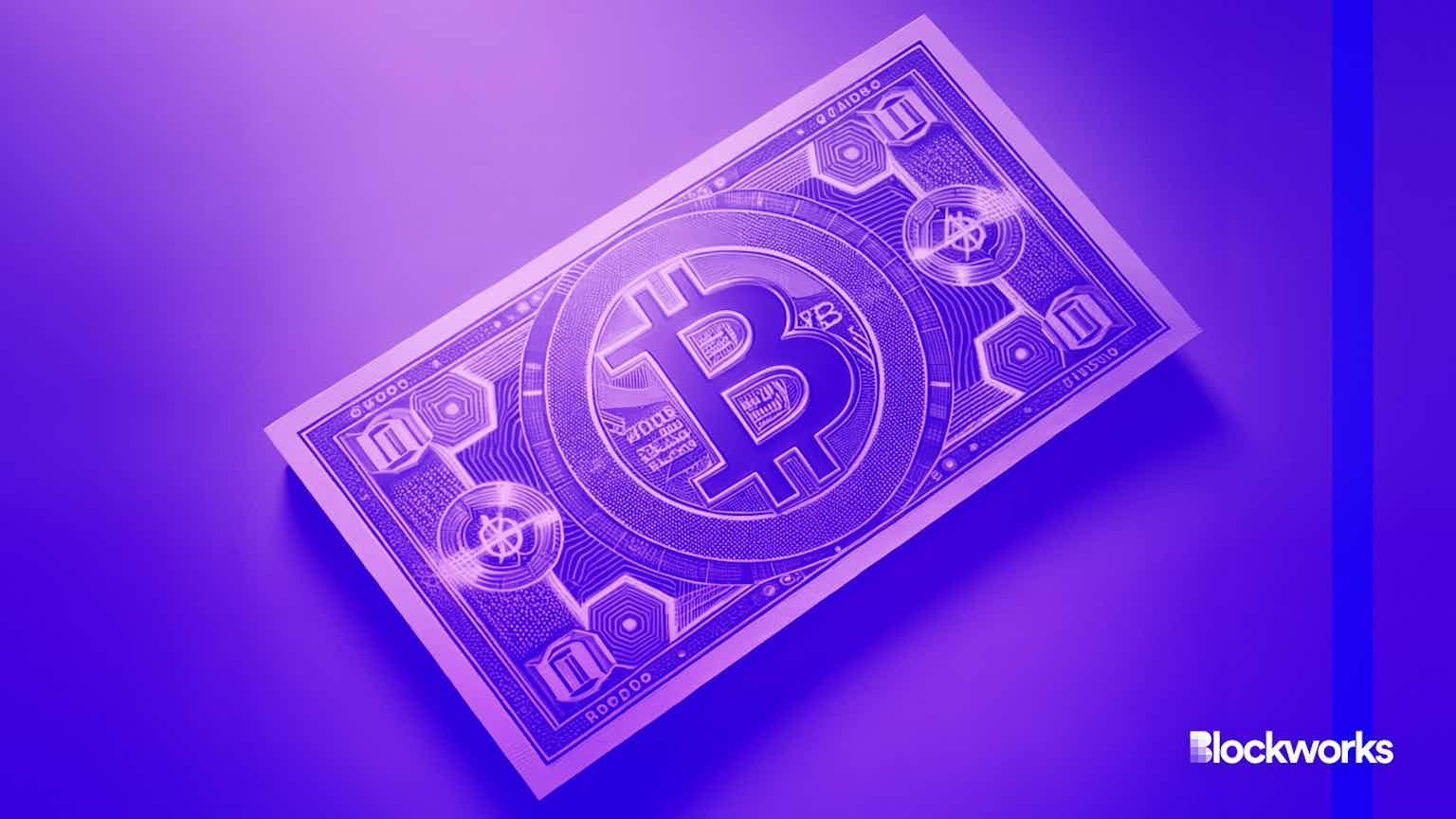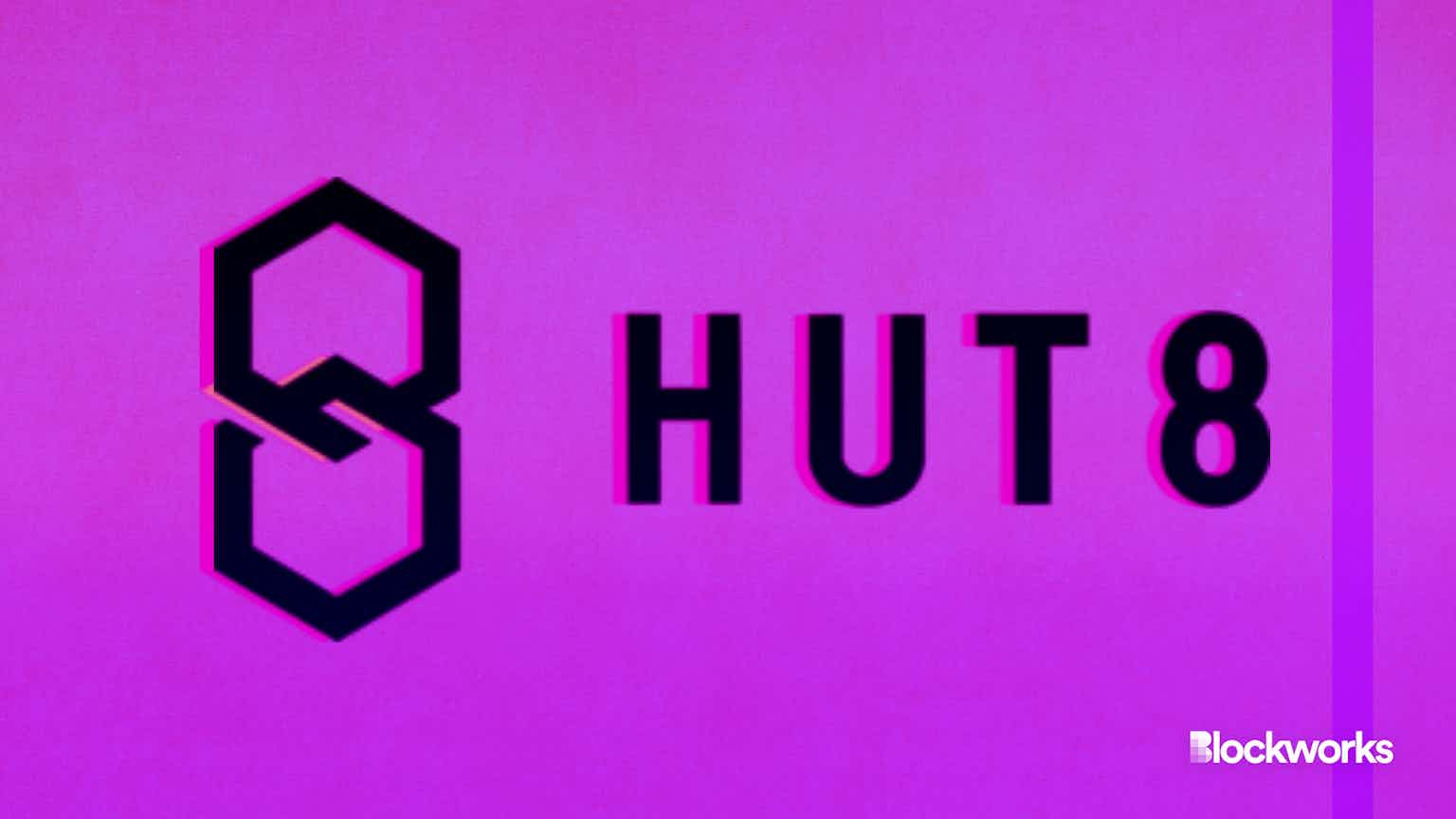Bitcoin Developers Do Not Have a Fiduciary Duty to Bitcoin Owners, Judge Rules
London High Court rejects Craig Wright’s claim that developers must help him access bitcoins from allegedly lost private keys

Source: Craig Wright deleted website
key takeaways
- Wright’s claim to be Satoshi Nakamoto was not at issue in this case
- The judge ruled that developers have no fiduciary duty to bitcoin owners
Craig Wright, who claims to be Bitcoin creator Satoshi Nakamoto, suffered a new legal setback as a London court ruled developers have no fiduciary responsibility to aid the Australian computer scientist in accessing two wallets containing about $3.9 billion in bitcoins.
Wright, whose company Tulip Trading Limited (TTL) brought the litigation, said he lost his private keys following a hack, and wants Bitcoin developers to assist him in regaining control of the assets. Judge Sarah Falk of the London High Court turned down that notion Friday.
The 16 defendants are all developers of Bitcoin-related software, and 12 are Bitcoin Core developers, the chain widely regarded as the canonical Bitcoin, or BTC. Wright’s company also laid claim against developers of several forks: Bitcoin Cash, Bitcoin ABC and Bitcoin SV (the fork that Wright himself says is “Satoshi’s Vision”.)
Wright maintains the two Bitcoin wallet addresses are his, via a series of Seychellois and Antiguan shell companies and trusts for which he and his wife Ramona Ang are beneficial owners.
Wright contends he stored the private keys in a password-protected file, with backups on two cloud storage servers, but that both the file and its backups were removed or deleted in a hack prior to Feb. 8, 2020.
The assets have not moved since the time of the alleged hack. Wright wants Bitcoin developers to push through a software update that would restore his access to the wallets. In fact, he offered to pay them to do so.
“Apart from their shared interest in digital assets, there is very little common ground between the Claimant and the Defendants,” Judge Falk wrote, adding “a significant level of animosity exists which is much broader than, and the origins of which pre-date, the particular dispute before this court.”
For instance, the judge wrote, Wright’s claim that Bitcoin developers have the power to do what he asks is disputed.
The defendants point that Bitcoin development occurs among “a very large, and shifting, group of contributors without an organisation or structure,” and that even if they could alter the network software, miners and full node operators would just ignore such a change, as it goes against the community’s core values. At most, it would lead to further network forks, but not actually allow Wright to access the value locked in the bitcoins he seeks.
The extent of Bitcoin developers’ actual power bears directly on the key question in the case — whether the role and work of the Bitcoin developers itself creates a fiduciary duty to TTL, assuming Wright was in fact the victim of a fraudulent hack (which the developers also dispute).
“It is very hard to see how TTL’s case on fiduciary duty is seriously arguable,” Judge Falk wrote.
“I do not think that bitcoin owners can realistically be described as entrusting their property to a fluctuating, and unidentified, body of developers of the software, at least in the sense and to the extent claimed by TTL.”
Even assuming TTL could establish the facts that it relies on in the course of a trial, the judge explained, there was no realistic prospect of establishing a breach of fiduciary duty owed by the developers to TTL.
Although the relationship between developers and bitcoin owners “generally has a fiduciary quality”, the judge wrote, their duty is not to any particular owner, to the detriment of others.
“It is uncontroversial that a fundamental feature of the Networks, at least in their existing form, is that digital assets are transferred through the use of private keys. TTL effectively seeks to bypass that.”
The judge was not persuaded by TTL’s claim that Bitcoin developers owed a “duty of care” that was breached by allowing the network to operate in such a way that the private keys could be lost in the first place. Such a claim, she wrote, was not “realistically arguable.” They would have to have some contractual relationship with Wright or his companies. Otherwise, she noted, “by definition the potential class in this case is unknown and potentially unlimited.”
In other words, it would be ludicrous to open up bitcoin developers to legal jeopardy from anyone whose private keys were ever lost or stolen. The fact that TTL would pay them to try to gain access to the wallets further “underlines the weakness of its case,” Falk wrote.
Last December, following a trial in Florida, Wright was found liable for conversion — a form of theft — and ordered to pay $100 million to a company controlled by Ira Kleiman, the brother of Wrights’ former business partner, David Kleiman, with whom Wright once mined bitcoins.
Start your day with top crypto insights from David Canellis and Katherine Ross. Subscribe to the Empire newsletter.
